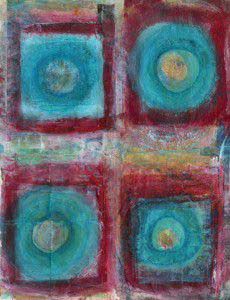
In January, with Mind, Body, and Instinct
This post is much more directly concerned with the subjective experience of mind, and especially of body and instinct.... Modern humans can be very cut off from the instinctual basis of life, and even from being aware of our bodily existence.... But, even so, as…


